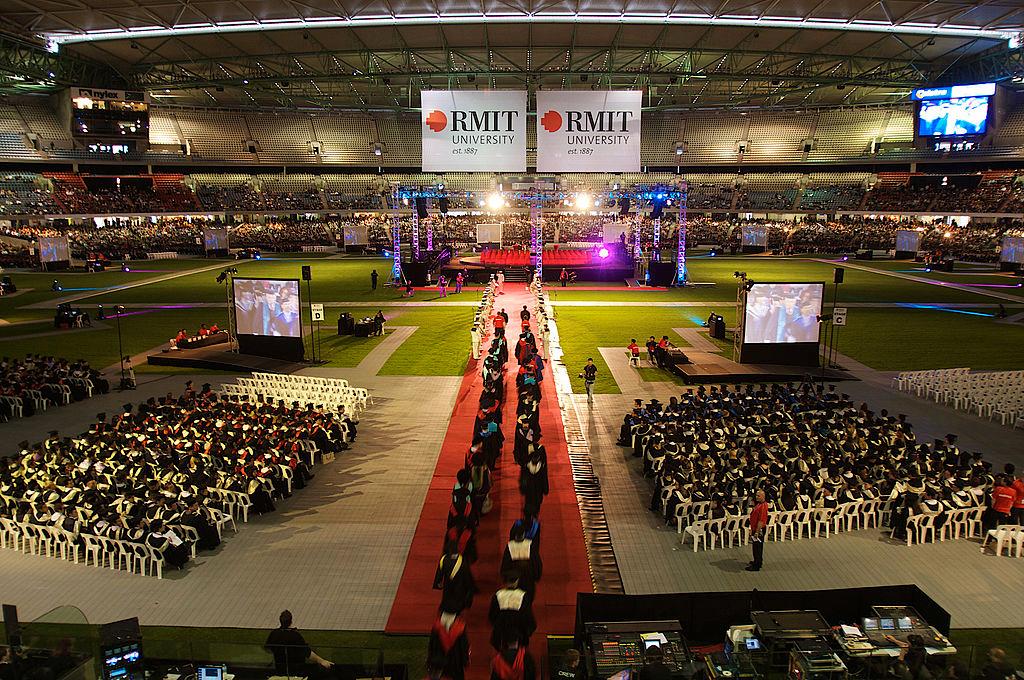One of Australia’s most prestigious universities, RMIT University in Melbourne, has been accused of significant and systemic wage theft by the National Tertiary Education Union (NTEU). The union alleged hundreds of casual academic staff were affected over several years.
In a media release on Sept. 20, the NTEO said according to its calculations, RMIT allegedly underpaid hundreds of academic casual staff over $17 million (US$12.36 million), and noted it had requested that Wage Inspectorate Victoria investigate whether RMIT’s alleged underpayment of staff amounted to criminal wage theft under Victoria’s new wage theft legislation.




